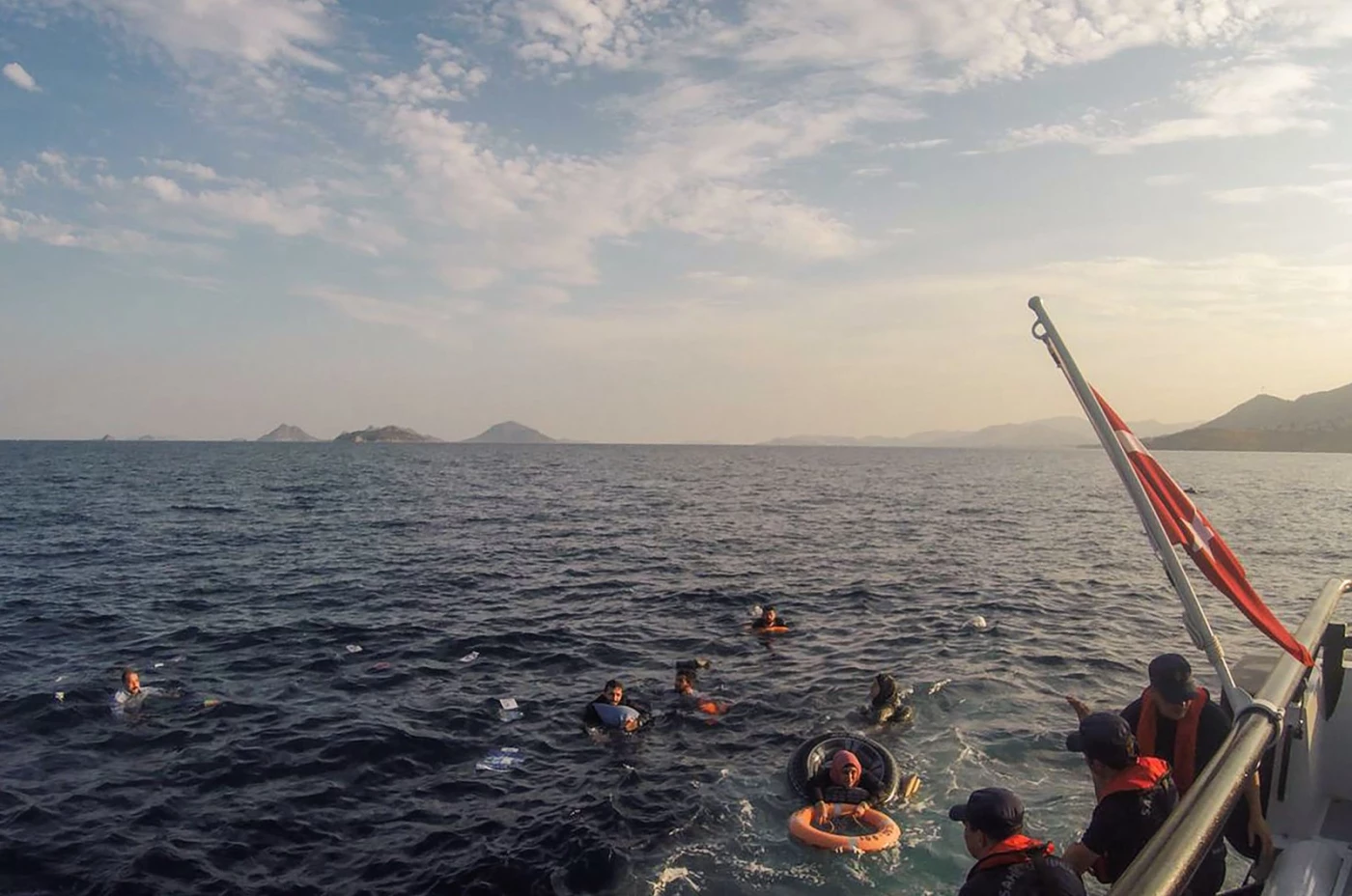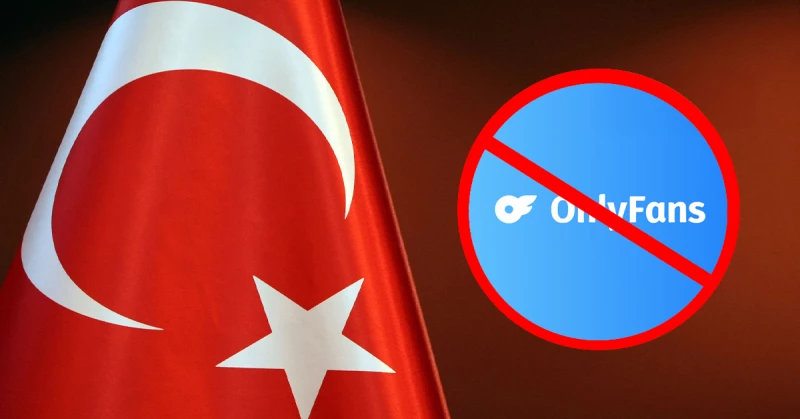ERBIL, Kurdistan Region of Iraq – At least 80 Kurdish migrants are being held at camps in Turkey after their boat capsized in the Aegean Sea a few days ago, a migrants’ rights activist told The New Region on Sunday, describing their situation as “dire”.
Late Friday, a boat carrying 80 Kurdish migrants from both the Kurdistan Region and Kurdish regions of western Iran was shot at by Greek coast guard forces, striking the engine, and causing it to sink.
The migrants were left stranded in the water until the following day, before being eventually rescued by Turkish forces.
“The migrants were left stranded in the water until daylight. The Turkish police rescued them the next day and transferred them to Turkey, where they now remain at a camp,” Ranj Pzhdary, migrants rights activist, told The New Region.
Pzhdary claimed that the migrants are in a “dire” situation at the camp.
“They are left in a secluded camp where they only get one meal a day made up of bread and water,” he added
Pzhdary said that it is unclear when the migrants will be repatriated, but suggested it could be in the upcoming weeks. He noted that the migrants from the Kurdish regions of western Iran are hesitant to return out of fear of prosecution, as they migrated due to political persecution.
Thousands of migrants illegally try to cross the deadly Aegean Sea every year in search of a better life in Europe and the United Kingdom, with a large number of them coming from the Kurdistan Region of Iraq and the Kurdish areas of Syria, Iran, and Turkey.
According to data published by the Summit (Lutka) Foundation, over 15,000 people from Iraq and the Kurdistan Region have migrated to Europe from January to June 2025, raising the total number of Iraqi migrants to around 780,000 since 2015.
At least 350 people have lost their lives in the perilous journey since 2015, and the whereabouts of 249 others remain unknown.
Mardin Hamid, head of the media department for the Summit Foundation, told The New Region that “around 70 percent of the migrants in Iraq are made up of Kurds. Other ethnicities migrate at much lower rates.”
Reporting by Hevi Karam



 Facebook
Facebook
 LinkedIn
LinkedIn
 Telegram
Telegram
 X
X


